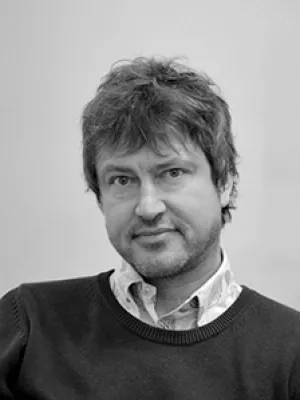
Magnus Karlsson
Head of department | Senior Lecturer

Från Jernverk till Hjärnverk : Ungdomstidens omvandling i Ronneby under tre generationer
From mine-work to mind-work : Youth in transition during three generations in Ronneby
Author
Summary, in English
Department/s
- Sociology
Publishing year
2000
Language
Swedish
Publication/Series
Lund Dissertation in Sociology
Issue
35
Document type
Dissertation
Publisher
Department of Sociology, Lund University
Topic
- Sociology (excluding Social Work, Social Psychology and Social Anthropology)
Keywords
- Sociology
- David Riesman
- Margaret Mead
- social bonds
- structure
- character
- cultural transformation
- patterns of culture
- youth
- social change
- life-history
- Social changes
- theory of social work
- Sociologi
- Sociala förändringar
- teorier om socialt arbete
Status
Published
Supervisor
- [unknown] [unknown]
ISBN/ISSN/Other
- ISSN: 1102-4712
- ISBN: 91-7267-022-3
- ISRN: LUSADG/SASO--00/1133--SE
Defence date
15 December 2000
Defence time
10:15
Defence place
Carolinasalen, Lund
Opponent
- Mats Franzén

